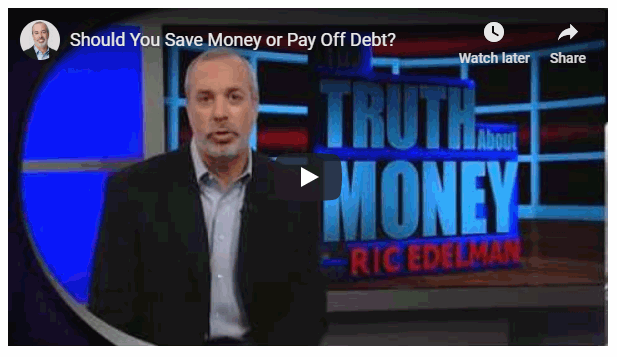At some point, your car is going to break down, your home’s roof is going to start to leak or an appliance is going to stop working properly. While you can’t pinpoint the exact time an issue may arise, there are things that you can do to fix the issue in a timely manner. The best option is to have an emergency fund to cover the cost of the repair. But what if you don’t have the savings? Then you must borrow the money. If that is your only option you want to arrange for the best terms possible.
Ask Friends or Family Members for Money
The best terms might be available from a friend, parent, or sibling who may be willing to loan some or all of the cash that you need to pay an unexpected expense. Although you are borrowing from someone you know well, it is important to create a formal loan document. Doing so ensures that the money is repaid as quickly as possible, which may help to maintain the positive relationship that you have with the lender.
Seek Out a Personal Loan
Personal loans can be used for any purpose. While personal loans are typically unsecured, you can attempt to get better terms by offering a home or car as collateral. You may also be able to get better terms by convincing a friend or family member to cosign for the loan with you. You may also be able to get a loan through the company providing the emergency service. Often HVAC companies and roof repair companies can provide financing since they frequently deal with people in exactly the same situation you are in. Their financing might have good terms (or not) so be sure to read the contract carefully.
Apply for a Credit Card
If you have good credit, it may be worth applying for a credit card that comes with a 0% interest rate. Often, credit card companies won’t charge new customers interest on purchases for up to 24 months. This gives you up to two years to repay an emergency expense without having to pay for the right to borrow the money. Also, companies like Lowes and Home Depot have their own credit cards with excellent terms if you are purchasing products from them.
Borrow Money from a Retirement Account
A 401(k) loan may allow you to borrow up to $50,000 with few questions asked. One of the benefits of this type of loan is that you are repaying yourself with interest over a period of several years. The downside is that you may have to pay income taxes on any amount that isn’t repaid in a timely manner, which is why you shouldn’t simply withdraw the money from your retirement account. Some “cash value” life insurance policies will allow you to borrow against them as well.
Although you may not be able to afford a car repair or significant repairs to your home, it may be more expensive to put off making them. Whether you have good credit, bad credit or no credit, there will likely be at least one person or loan company willing to let you borrow the money that you need.
You might also like:
- Reduce Debt or Save– What Should You Prioritize?
- 4 Tips for Staying on Top of Your Debt
- Is it Ever Wise to Owe Money to a Creditor? — Optio Money
- Debt Trap
Brooke Chaplan is a freelance writer and blogger. She lives and works out of her home in Los Lunas, New Mexico. She loves the outdoors and spends most of her time hiking, biking, and gardening. For more information, contact Brooke via Facebook at facebook.com/brooke.chaplan or Twitter @BrookeChaplan





